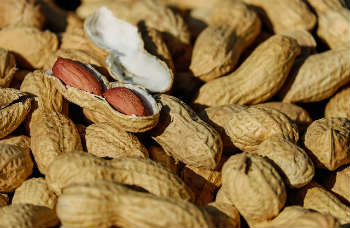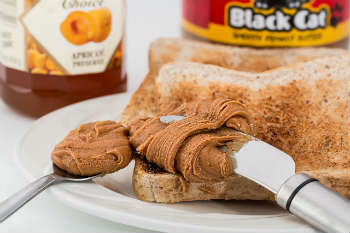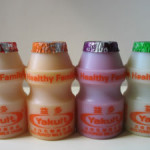When Should You Feed Kids Peanuts?
There are hundreds of food allergies out there. While some occur later on in life, many develop at a young age. One of the most dangerous and potentially deadly allergies revolves around peanuts. This simple, edible nut, can cause severe problems within the human body to those who are allergic, including a complete closing of the air passageway. This can occur not only when ingesting peanuts, but from peanut spores floating in the air. It is why many airlines are not able to serve peanuts on a plane when someone has such an allergy. But is there a way to avoid the development of such an allergy? If you are a parent, should you consider feeding peanuts to your child? New research has very specific recommendations for what you need to do in order to avoid the development of this kind of allergy.
Old Ideas About Peanuts
For years, doctors would often tell parents to avoid feeding their children peanuts and anything nut related. The idea behind this is that the body becomes too accustomed to consuming peanuts which in turn leads to the allergy. The same thought process is often behind milk and lactose. However, at least when it comes to peanuts, the opposite is true. Exposure to these nuts at an early age can actually help with the reduction of developing nut allergies. It works in a similar manner as inoculations at an early age. It exposes the body so it can become accustomed to it.
Avoidance In Thet Early Stages
One major reason why children develop peanut allergies is because they are not exposed to them at an early age. They can prove to be choking hazards, so feeding a child the actual nut may not occur for several years. Many parents also do not begin feeding their child peanut butter for several years as well. By this time, it may be too late and the child may already have developed some sort of an allergy to the peanuts.
Feed Your Child Early and Often
Research from the National Institute of Allergy and Infectious Diseases is giving parents different advice. According to the latest information put out by the agency, it states the importance of exposing young children to peanuts and other nuts as early as possible. While sticking with a diet of milk when first born is necessary, by the time a child hits six months and is able to begin consuming other products, adding in peanut powder into milk can help the child become accustomed to peanuts. Feeding a young child whole peanuts at this age is not recommended as it can become a choking hazard, so sticking with the powder is the best option.
There are other options for feeding a child peanuts as they grow. Using peanut oil when preparing food can expose a child to added levels of the nut, while also feeding a child foods containing peanuts, including cereals, does help a child boost their ability to avoid becoming allergic to peanuts and other nuts.
The Importance of Peanut Butter
Peanut butter is an important ingredient in the life of a child. It is high in protein and can provide a child the necessary energy to make it through a school day without the high levels of carbohydrates that may cause a child to become sleepy in class. It also is inexpensive, so parents on a tight budget can still feed their child without spending too much money. However, due to an increased number of peanut allergies in recent years, many classes and schools have had to request parents to stop packing peanut butter sandwiches due to the potential of making other children sick.






